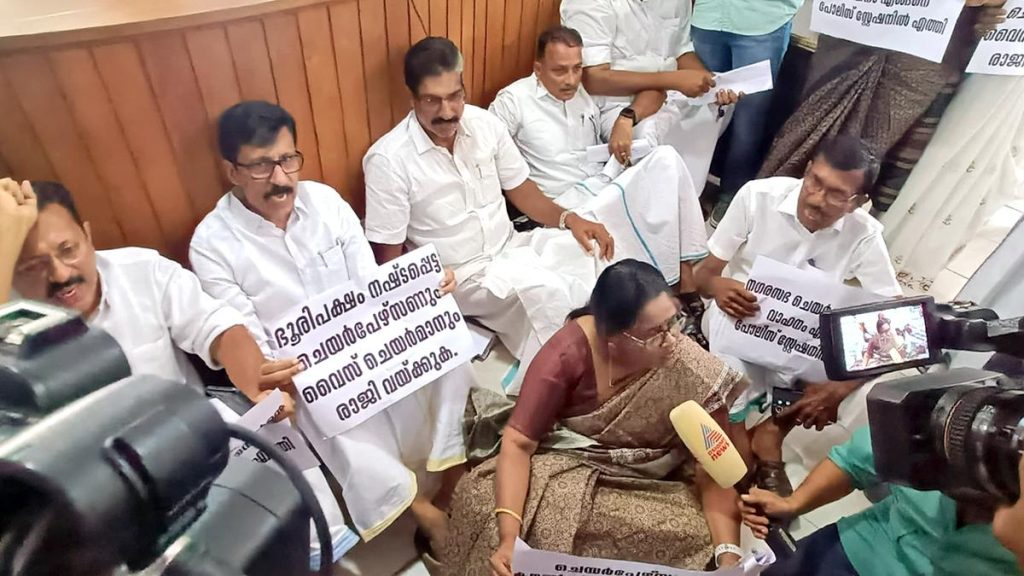Now Reading: Kerala Faces Rising Threat of Amoebic Meningoencephalitis
-
01
Kerala Faces Rising Threat of Amoebic Meningoencephalitis
Kerala Faces Rising Threat of Amoebic Meningoencephalitis
Rapid Summary:
- Incident: Anaya,a Class IV student in Kozhikode district,passed away from amoebic meningoencephalitis on august 14 after bathing in a potentially infected freshwater pond.
- Disease Details: Amoebic meningoencephalitis is caused by free-living amoebae like Naegleria fowleri, known as “brain-eating amoeba,” and has a high fatality rate due to delayed diagnosis and rapid onset. The infection typically enters via nasal exposure to contaminated water.
- Spread: Nine confirmed cases have been reported recently at the Government Medical College Hospital.Four where from Kozhikode, three from Malappuram, and two from Wayanad. Other clusters and sporadic cases have occurred across Kerala sence 2016.
- Source & Prevention Efforts:
– Contaminated water sources such as ponds and wells are identified as potential reservoirs of the pathogen.
– Health officials are chlorinating water sources regularly. Cleanliness drives involving local bodies are scheduled for August 30-31 in Kerala under government directives.
– Early diagnosis through cerebrospinal fluid (CSF) tests is being prioritized; miltefosin drug usage has improved survival rates significantly since 2024.
Indian Opinion analysis:
The recurring cases of amoebic encephalitis in Kerala highlight critical challenges surrounding public health infrastructure, environmental safety, and climate-related disease emergence. The disease’s association with stagnant water sources underscores the urgent need for widespread sanitation measures alongside regular monitoring of community hygiene practices. Climate change may be exacerbating microbial proliferation in warm environments-making proactive interventions essential.
The improved diagnostic framework implemented by the State since last year appears promising but requires heightened public awareness regarding preventive practices like avoiding nasal exposure to untreated freshwater bodies. Localized efforts such as community-led cleanliness campaigns hold potential for long-term mitigation if bolstered by systemic government oversight.
Additionally,integrating advanced treatments like miltefosin into routine protocols has marked progress against historically fatal outcomes. Sustained focus on research funding and coordination between health departments may foster resilience against similar outbreaks going forward without compromising rural communities’ access to safe water resources.

























